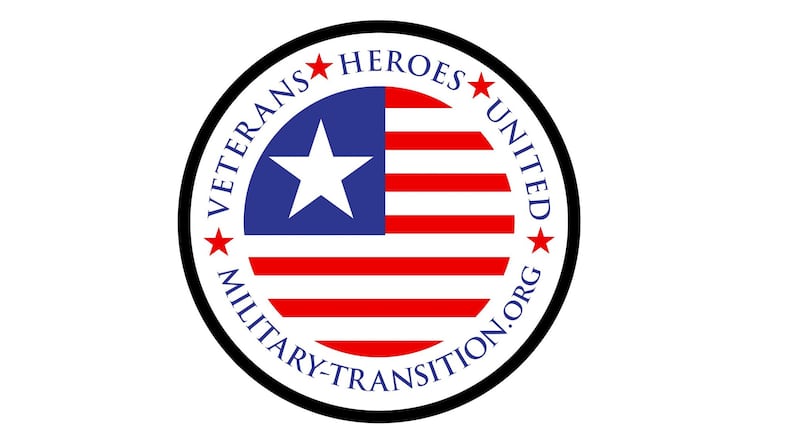››RELATED: Behind the scenes of a light festival
We talked with Niswander, a Warren County resident and a transitioned Air Force veteran, to find out more about www.Military-Transition.org.
Q: Tell us about your work. What are you doing to help service members and their families?
A: www.Military-Transition.org exists to help service members and their families navigate the process of returning to civilian life following military service. The military-to-civilian transitioning can be difficult and many service members face the same challenges and obstacles as those who've gone before them. Our work addresses this disconnect by collecting and sharing data, success stories, and areas for improvement from veterans who've already made the transition. We share these insights in a variety of ways which enables our troops to learn from these experiences, apply successful techniques, and avoid obstacles that others have encountered.
Q: Why do you want to help veterans transition into civilian life? What are some of the goals, initiatives?
A: As a veteran who has made the transition several times from both active duty and the reserves, I understand the challenges and feel a calling to serve those who've worn our nation's uniform. Our mission is to help service members and their families by providing unbiased data and insights they can use when preparing to embark on their journey back into civilian life. The best way to describe our services would be to say that we provide intelligence for the military-to-civilian transition process. No military operation or business plan is executed without reliable information about the environment. The same holds true for the most important mission service members execute in their post-military life, the mission of transition. We provide "transition intelligence" so that service members and their families can execute this mission successfully.
Q: From your experience, what are some of the biggest needs veterans/service members have?
A: After studying the transition process for more than a decade, I've found two overarching opportunities or needs among the military community. The first is that our troops continue to face the same challenges and make the same types of mistakes as those who've gone before them. Identifying these challenges and obstacles is important along with understanding and sharing lessons learned to avoid and overcome is critical. Lack of understanding about this process results in service members being ambushed during their transition. We share data and information that empowers service members and their families to avoid these challenges and ambushes.
The second opportunity is the need for service members to go beyond the one-size-fits-all solutions when preparing for their transition out of uniform and into the civilian work force. Most of the information available to service members and their families is generalized toward the entire military community, which has limited value at the individual level.
Q: One important aspect of your work is to conduct surveys that gather information. What kind of information are you gathering and how is the information being used to help?
A: Our intent is to provide customized answer to the most important and common questions that soldiers, sailors, airmen and marines ask about returning to civilian life and entering the workforce. We gather responses to these questions through an on-line survey and the results so far have been impressive. Some of the key metrics on our current data dashboard are that almost half (48 percent) of veterans surveyed indicate their transition was more difficult than expected and 59 percent claim it took more time than expected. Over three quarters (76 percent) of veterans agree that their transition was stressful, and more than half (52 percent) agree their transition was confusing.
Despite having proven skills and experience, over one third (38 percent) of veterans indicate their first civilian salary was worse than expected.
Of course, these measures change when viewed by specific groups of service members and unique measures for specific branch, rank, years, education, military specialty, 9/11 status, age and gender can be viewed on the interactive/online database. This is the real benefit of our approach compared to other one-size-fits-all solutions. Another important observation from our research is that individuals who attend government sponsored transition workshops more than once are 57 percent more likely to indicate this training was extremely or very helpful. We published an article earlier this year in a military journal using this data to inform Commanders and First Sergeants about the importance of troops attending transition workshops early and often.
Since then, we’ve received positive feedback and were sponsored by a Fortune 100 company to send 30,000 copies of an informational graphic to military installations around the globe. It’s been an amazing journey and we’re just starting to pick-up momentum.
Contact this contributing writer at gmwriteon@aol.com.
About the Author
